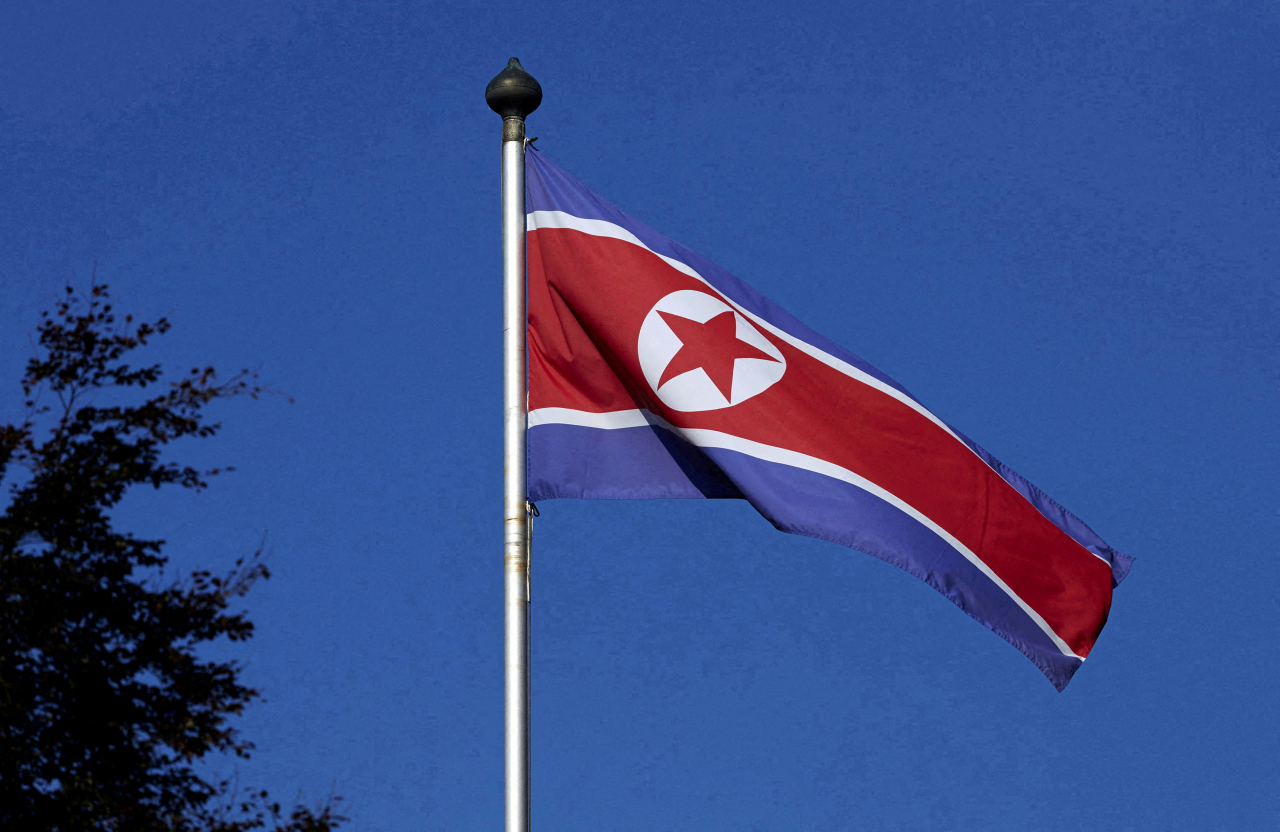N.Korea urges US to extradite raider of its embassy in Spain
By Ji Da-gyumPublished : April 4, 2023 - 15:15

North Korea urged the US to extradite Christopher Ahn, a former US Marine accused of raiding the North Korean Embassy in Madrid, to Spain in a press statement issued Tuesday.
Ahn was among a group of people associated with the Free Korea organization opposed to the North Korean regime. The group staged a break-in at the North Korean Embassy in February 2019 and escaped with computer drives, a cellphone and other digital files, which they later handed over to the FBI.
Since Ahn was arrested in Los Angeles in April 2019, Spain has sought his extradition on criminal charges, including unlawful break-in, illegal detention, willful bodily harm and theft.
In May 2022, a California federal judge ruled Ahn was eligible for extradition to face trial in Madrid. But at the same time, the judge took note of the necessity of referring the case to a higher court, as Spain could be a place where “North Korea can much more easily murder him.”
The US District Court has not yet made its final decision on whether Ahn is extraditable to Spain.
“The US is obliged to make an official apology and a compensation for the assault on the DPRK embassy in the Kingdom of Spain, and arrest and extradite all criminals involved in the incident at once,” the English statement issued under the name of the North Korean Embassy in Madrid said, referring to North Korea’s official name, Democratic People’s Republic of Korea.
“The Spanish government, too, should make positive effort for the earlier settlement of the case on the principle of independence and impartiality.”
North Korea claimed that Ahn should receive “severe punishment” for raiding its diplomatic mission with others and inflicting “massive mental and physical strain and material damage on diplomats and their family members.”
But Ahn has reiterated that he and others entered the North Korean Embassy in Madrid as part of a prearranged plan to help North Korean diplomats defect.
They plotted to make it look like a kidnapping of the diplomats in order to protect their families and relatives in North Korea from severe retribution. But the plan failed as one of the diplomats’ mind changed when a North Korean woman jumped from a second-floor terrace and summoned police, according to Ahn.
In January, the US District Court for the Central District of California notably asked the US marshal for the Central District of California and Ahn to prove if Ahn’s conduct is considered criminal under US law.
The court said it is unclear whether the conduct for which Ahn has been accused “would constitute a violation of US law.” The court cited the absence of a peace treaty and diplomatic relations between the US and North Korea, the US designation of the North Korean regime as a State Sponsor of Terrorism and its North Korea Human Rights Act of 2004 that mandates the US government to provide support to North Korean defectors and refugees as potential factors.
The court specifically raised doubts about whether Ahn’s case would satisfy the “dual criminality” required for extradition. The court clarified that an accused person “may be extradited only if the alleged criminal conduct is considered criminal under the laws of both the surrendering and requesting nations.”
In the statement, North Korea refuted the court’s recent opinions. North Korea said that “such acts of the US are a clear discard and a grave insult to the sovereignty and dignity of the DPRK,” arguing that the US claimed that diplomatic immunity and privileges do not apply for diplomats of a hostile country.
“It is the invariable principled stand of the DPRK that no compromise or concession can be allowed when it comes to the issue of defending its sovereignty and dignity and protecting lives and security of its citizens,” the statement read.
Neither the US State Department nor Justice Department was able to immediately respond to a request by The Korea Herald for comment on the North Korean statement.
Even if extradition is found to be applicable by the District Court, the US secretary of state has executive authority and retains discretion to refuse the transfer.



















![[Today’s K-pop] Treasure to publish magazine for debut anniversary](http://res.heraldm.com/phpwas/restmb_idxmake.php?idx=642&simg=/content/image/2024/07/26/20240726050551_0.jpg&u=)